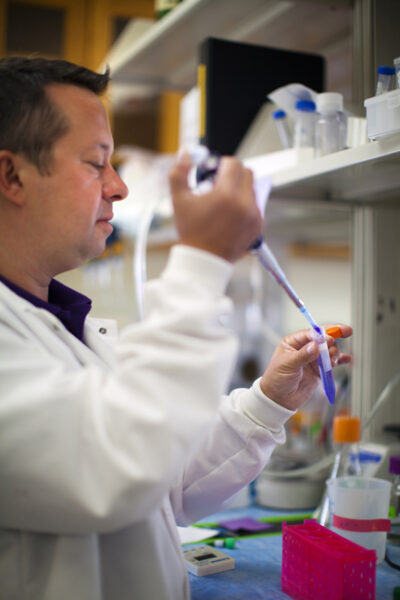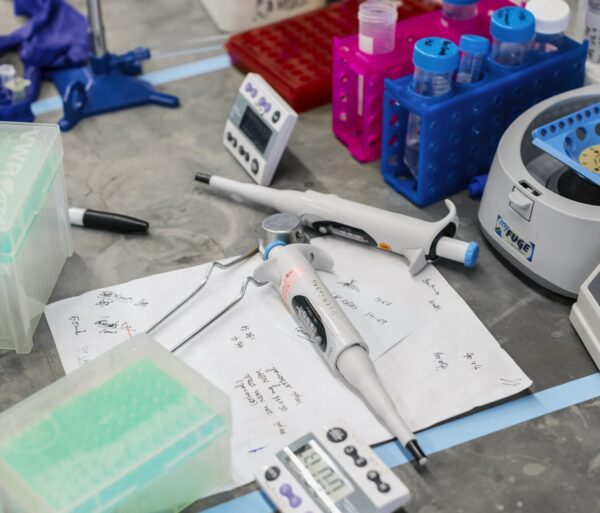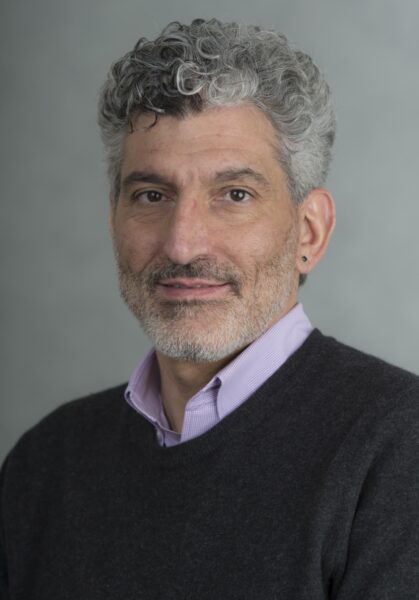Exactly why autism occurs in one child and not another is unknown to scientists, although scientific evidence suggests that autism may be caused by a malfunction of the connections, or synapses, between brain cells.
Peter Penzes, Ph.D., an associate professor of physiology at Northwestern University, determined that Epac2, mutations of which have been genetically associated with autism, is involved in synapse development and remodeling in nerve cells.
Dr. Penzes used his $40,000 2011 BRF seed grant to further characterize the role of this molecule in autism spectrum disorders. His experiments yielded two important findings: Epac2 plays a role in the cellular mechanisms relevant for neuron connectivity; and Epac2-deficient mice exhibit robust deficits in social interactions. This illustrates a link between synapse development and socio-cognitive deficits.
Insights gained from Dr. Penzes’ research help scientists understand the electrical connections in brain cells that may be disrupted in autism cases. Understanding biological mechanisms that trigger autism can lead to the identification of potential targets for therapy – not only for autism but for other disorders that have defects in synaptic connectivity such as mental retardation, fragile-X syndrome, Down syndrome and schizophrenia.
The data generated from Dr. Penzes’ BRF Seed Grant was instrumental in obtaining a 5-year, $3 million grant from the National Institutes of Health. Penzes’ project will elucidate the mechanisms behind abnormal synaptic connectivity in schizophrenia.




